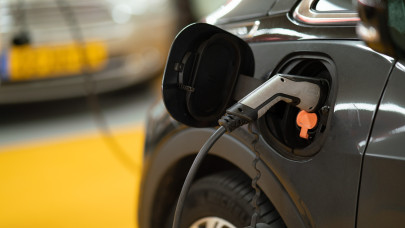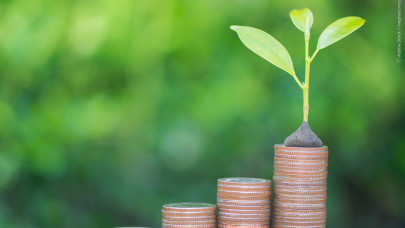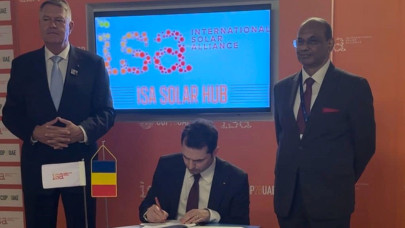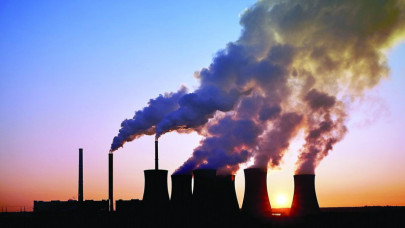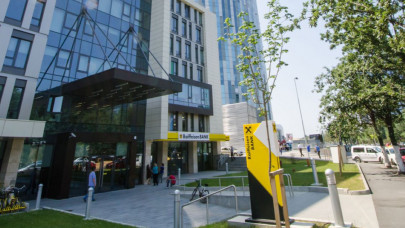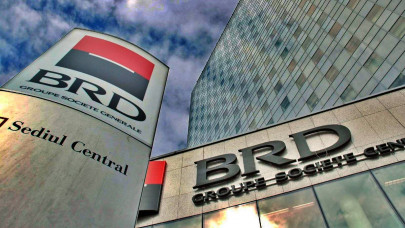The energy crisis has heightened concerns about rising energy prices, with 90% of firms citing energy costs as a long-term investment concern. About 35% of Romanian companies have invested in improving energy efficiency in the last year, close to the EU average of 40%.
The EIB survey covered more than 12,000 companies in the European Union and 800 companies in the US.
Romanian firms are more likely to suffer from high energy costs and tightening financing conditions. In general, firms have a negative outlook on the future, especially regarding the economic climate. Access to finance is a concern. The proportion of Romanian companies that stated that they face financing constraints (15.2%) exceeds the EU average (6.2%) and is the highest percentage recorded so far for Romania in the EIB Survey series.
"The current economic environment in Romania makes public and private investments in renewable energy extremely profitable. Political support in Europe must ensure that the implementation of such investments does not take too long to maintain competitiveness in the global market. The use of all the financing available to Romania, including EU funds from the Recovery and Resilience Mechanism, Invest EU, and the 2021-2027 operational programs is essential. Combining available EU grant resources with loans, equity, own resources or other forms of financial instruments will be crucial to promote a greener economy in Romania and its ability to rely on secure and predictable energy resources. There is also a great need for firms and public authorities to address the lack of skilled staff and funding needed for the green transition," said EIB Economics Director Debora Revoltella.
Four out of five Romanian companies surveyed in EIBIS identified the availability of qualified personnel as an obstacle to investments. The lack of skilled personnel was a problem in particular for industrial production (87%) and infrastructure (81%) firms.



